- Arakan Army signals willingness to forge strategic partnership with Bangladesh’s new government
- Internet blackout in Arakan State hampers emergency aid delivery
- Arakan residents call for air raid warning systems amid surge in junta airstrikes
- Arakan’s Breathing Space (or) Mizoram–Arakan Trade and Business
- Death toll rises to 18 after junta airstrike on Ponnagyun village market
PrEP medication encouraged for those at risk of contracting HIV
Health officials are recommending the use of a drug called PrEP to prevent the spread of HIV, which attacks the immune system and can be fatal.
21 Aug 2022
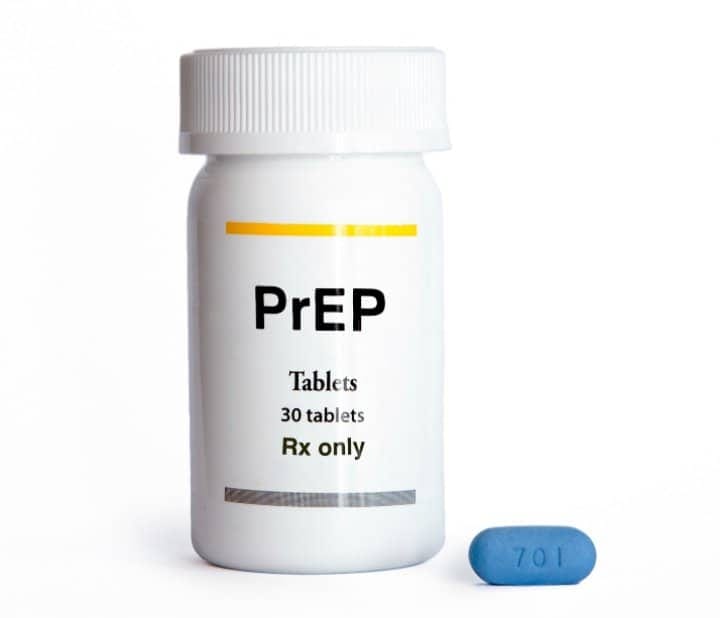
DMG Newsroom
21 August 2022, Sittwe
Health officials are recommending the use of a drug called PrEP to prevent the spread of HIV, which attacks the immune system and can be fatal.
Taking PrEP (Pre-Exposure Prophylaxis) medication daily is a preventive method for situations where there is a risk of HIV infection. Sex workers and intravenuous drug users are prime candidates for PrEP use, health officials say.
Dr. Zaw Zaw Aung, deputy director of the Arakan State Department of Public Health (DPH), told DMG that taking PrEP is one of the best ways to control the spread of HIV.
“People who don’t avoid behaviours that can cause infection, such as having sex without a condom or using needles when injecting drugs, take PrEP daily. People doing these behaviours take this medicine to prevent HIV infection,” he added.
PrEP has not yet reached Arakan State, but it has been piloted in Yangon Region, Chin State and northern Shan State. According to officials from the Department of Health, plans are being made to make PrEP available in all of Myanmar’s states and regions in the coming years.
The most common ways that HIV can be transmitted are through unprotected sex, the sharing of needles, contact with infected blood, and from an infected mother to her child during pregnancy.
If left untreated, HIV can destroy the immune system and lead to death. Arakan State is a region with relatively low incidence of HIV infection, according to the DPH.
“For patients with HIV, the health centre provides ART [antiretroviral therapy] medication and the necessary blood tests for free,” Dr. Zaw Zaw Aung. “The main thing is that you have to take the ART drug regularly, every day. ART is a drug that can control this disease, and keeps the virus from spreading in the body.”
HIV patients can obtain ART medication in consultation with doctors at Sittwe Hospital in the Arakan State capital.




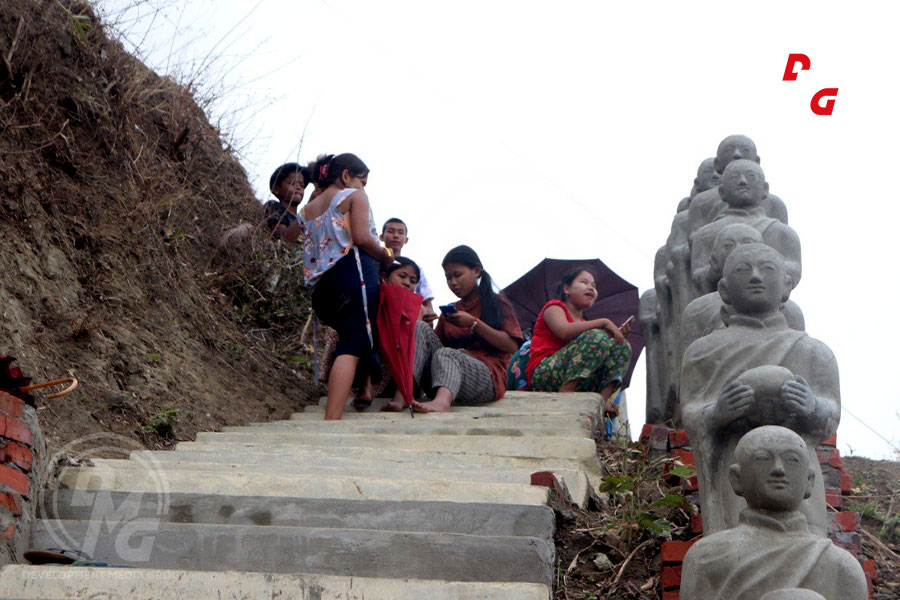
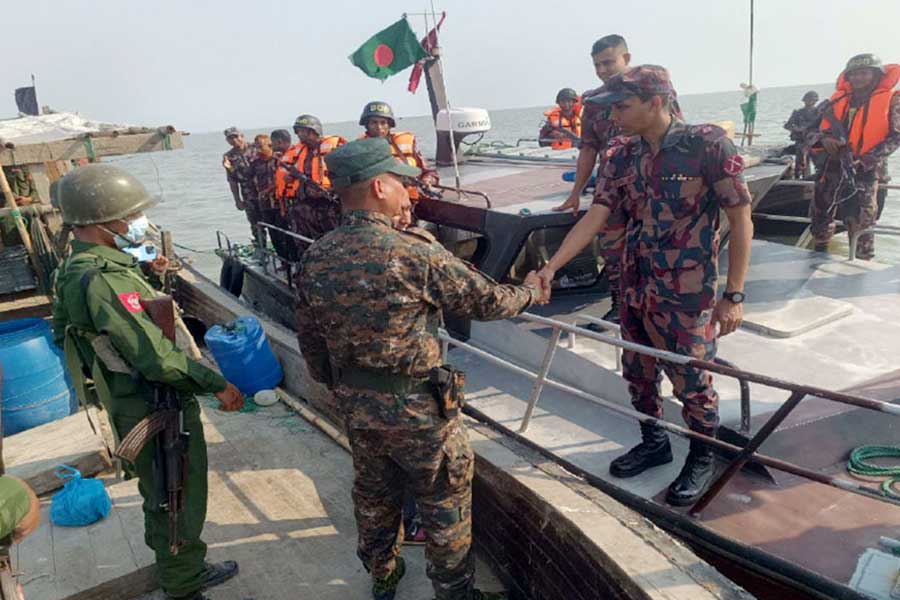
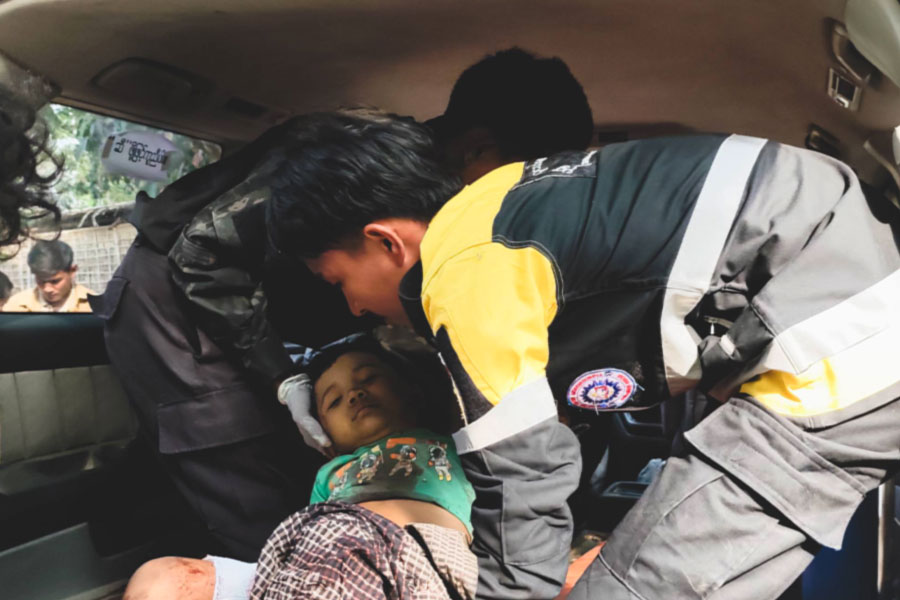

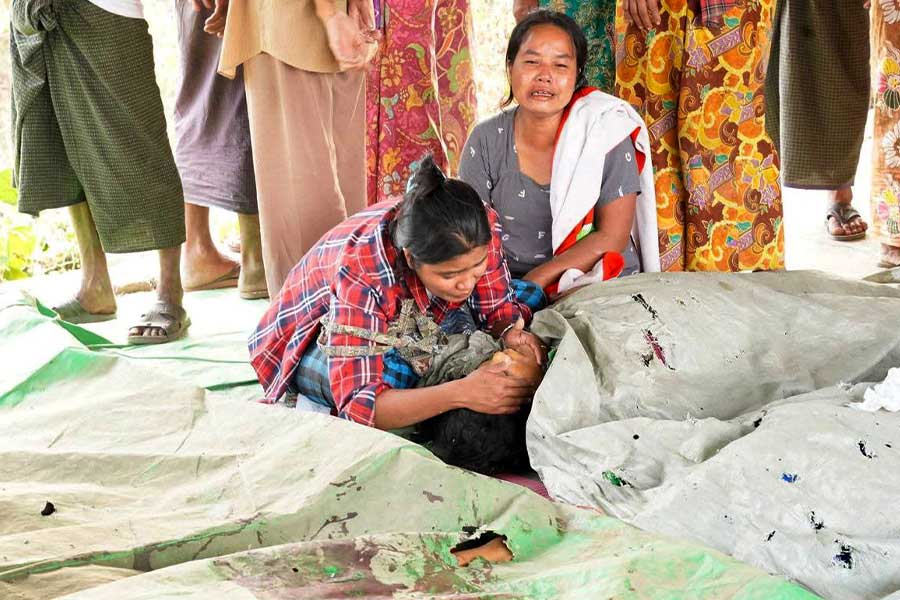








.jpg)